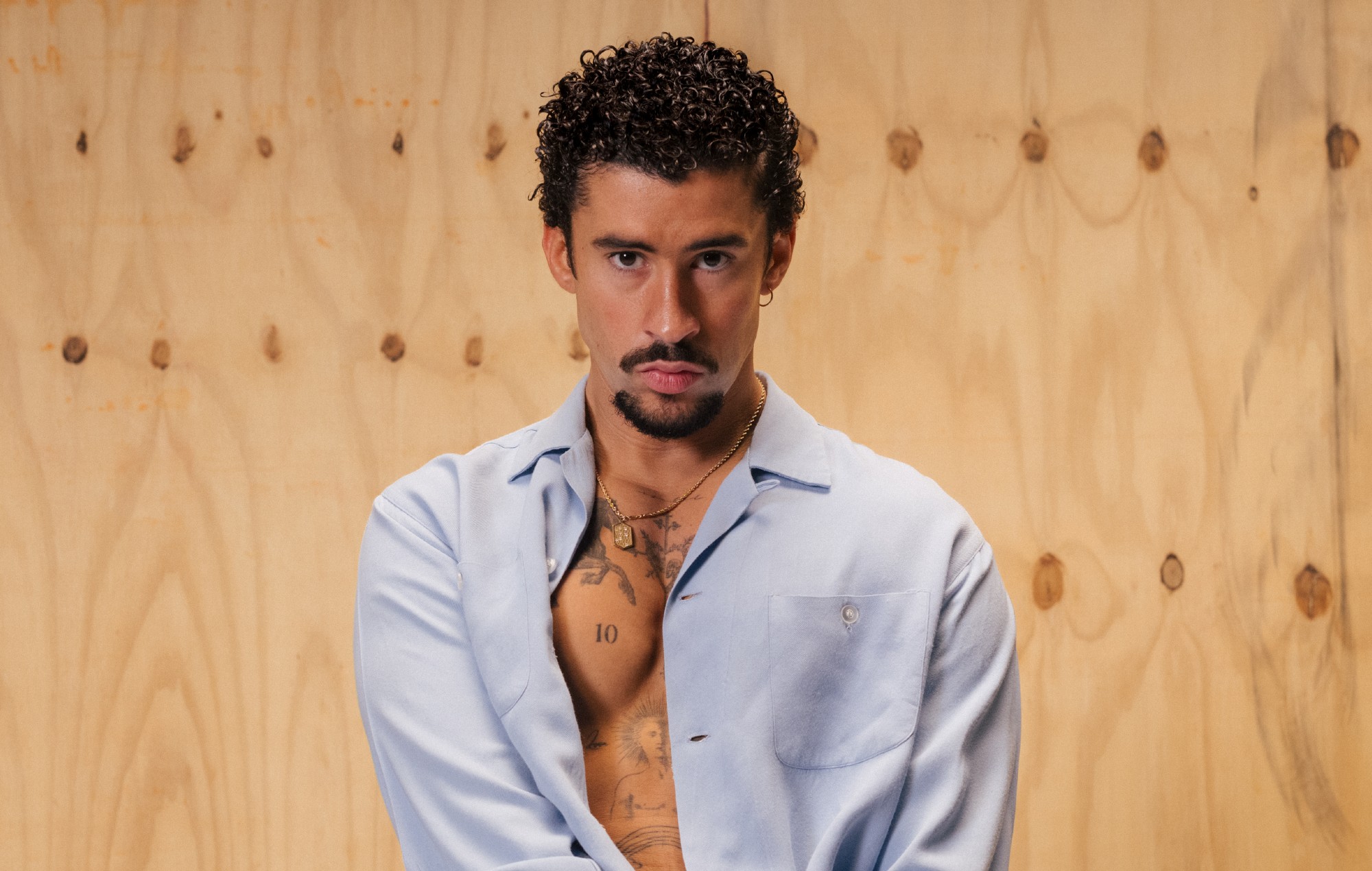Table of Contents
Nick Rattigan’s Tormenta feels like it’s working through a lot of conflicting emotions—loss, anger, even a weird kind of admiration. I’m going to use my background in English lit and creative writing to see how these themes stack up against classic literature and poetry.
This isn’t the final word on what the song means, but I think looking at Tormenta through this lens, and comparing it to poets like Anna Akhmatova and Rainer Maria Rilke, can reveal some deeper connections. It’s a good excuse to stretch these comparisons and see what literary history has to say about the timeless tug-of-war between love and pain.
Taking Tormenta apart this way is a good excuse to explore how literary history and even modern fiction can tell us something new about the song’s deeper meanings. The way it captures that tension between wanting to break free but still feeling drawn to the stormy parts of a relationship is a theme that poets have wrestled with for centuries. By bringing in these comparisons, I want to show how these universal struggles pop up again and again, whether it’s in classic poetry or a modern indie track.
🔥 🔥 🔥 See Current Joys On Tour Here 🔥 🔥 🔥
[embed]https://youtube.com/watch?v=DWq6qpdjMf0&si=NycfjUaGqOczRl7P[/embed]Current Joys Tormenta Lyrics
[Verse 1]
You once found me
Now you find me in all the times I’d rather be ignored
And you once took me
Now you take me awhile just to get up off the floor
[Chorus]
So give me back what I deserve
I’ve tried to hold on, it only makes it worse
And I won’t let your winds blow me anymore
But you’ll always be my favorite storm
[Verse 2]
And I’ve got madness, unfinished sadness
Screaming and locked behind the door
And I’ve got violence in my eyelids
Stay up all night to fight the war
[Chorus]
So give me back what I deserve
I’ve tried to hold on, it only makes it worse
And I won’t let your winds blow me anymore
But you’ll always be my favorite storm
So give me back what I deserve
I’ve tried to hold on, it only makes it worse
And I won’t let your winds blow me anymore
But you’ll always be my favorite storm
So give me back what I deserve
I’ve tried to hold on, it all just fucking hurts
And I won’t let your winds blow me anymore
But you’ll always be my favorite storm
🔥 🔥 🔥 See Current Joys On Tour Here 🔥 🔥 🔥
Current Joys Tormenta Meaning
“You once found me / Now you find me in all the times I’d rather be ignored”
These opening lines introduce a shift in the relationship. The speaker used to appreciate being found by this person—they felt valued and understood. But now, things have changed. They’re being “found” at moments when they’d rather be left alone. This suggests that the person they’re singing to isn’t giving them space or understanding anymore. Instead, the attention feels intrusive.
This situation reminds me of the sense of entrapment in Rainer Maria Rilke’s The Panther.
In the poem, Rilke writes, “His vision, from the constantly passing bars, has grown so weary that it cannot hold anything else.” The panther has become so worn out by its confinement that it’s lost its sense of freedom. Similarly, the speaker in the song feels trapped by this unwanted attention. The relationship has lost the spark it once had and turned into something that makes the speaker feel cornered and tired.
“And you once took me / Now you take me awhile just to get up off the floor”
The lyrics here show how the dynamic has changed from feeling uplifted by this person to feeling completely drained. It used to be like they were being carried away, but now, just being around them is exhausting. The line “take me awhile just to get up off the floor” paints a picture of someone struggling just to stand up emotionally.
This sense of struggle and being worn down relates to Anna Akhmatova’s poem Requiem. She describes the heavy weight of grief by saying, “I am weary of grief / and can’t turn my gaze away from it.” Like the speaker in the song, who’s drained by the relationship, Akhmatova captures the feeling of being overwhelmed by something that was once meaningful but has now become a burden.
“So give me back what I deserve / I’ve tried to hold on, it only makes it worse”
Here, the speaker is asking for fairness. There’s a feeling of being wronged, and they want some sort of justice or closure. They’ve tried to keep the relationship going, but it just keeps hurting them more. It’s like trying to hold onto something that’s slipping away, making the pain even worse.
This desire for justice echoes the tone in Akhmatova’s Requiem, where she writes about the suffering she and others endured during Stalin’s purges: “I stand as witness to that common lot, / survivor of that circle’s daily grind.” In both the poem and the song, there’s a sense that holding onto hope or struggling for fairness has only brought more pain.
“And I won’t let your winds blow me anymore / But you’ll always be my favorite storm”
This line is really interesting because it shows a mix of resistance and attachment. The speaker doesn’t want to be controlled or influenced by the other person anymore. “Winds” here seem to symbolize the emotional pressure or turbulence the other person brings. But even as the speaker decides to stand firm, they still call that person their “favorite storm.” This shows that despite all the pain and turmoil, there’s still some admiration or affection left.
This reminds me of Charles Baudelaire’s L’Invitation au voyage. In that poem, he talks about being drawn to a place that’s full of beauty and peace, but it’s also unreachable.
He writes, “There, all is order and beauty, / Luxury, peace, and pleasure.” The idea of longing for something beautiful but unattainable is just like the speaker in the song calling their chaotic relationship a “favorite storm.” The storm is harmful, but it’s still fascinating and hard to let go of.
“And I’ve got madness, unfinished sadness / Screaming and locked behind the door”
In these lines, the speaker talks about the emotions they’ve been holding inside. The sadness is “unfinished,” which means it’s unresolved. It’s like there’s all this pain and “madness” that they haven’t been able to express or release. Being “locked behind the door” gives the image of these feelings being trapped inside, unable to get out.
This connects to Rilke’s The Panther again. Rilke writes about the panther’s gaze turning into a “blank stare which holds nothing.” This shows how being confined for so long has drained the panther of its emotions. Similarly, the speaker in the song has been holding onto these heavy emotions for so long that they’re now stuck inside, without an outlet.
“And I’ve got violence in my eyelids / Stay up all night to fight the war”
These lines describe restless energy. Even when the speaker closes their eyes, they can’t find peace. “Violence in my eyelids” suggests that even sleep can’t quiet their mind. They’re fighting some sort of internal war, staying up all night to battle their own thoughts or feelings.
In Akhmatova’s Requiem, she describes a similar experience with grief and madness: “Why does this terror keep coming back?” It’s like an ongoing fight that never ends. The song’s lyrics capture that same sense of fighting a losing battle with one’s own mind, where no matter what you do, you can’t find peace.
🔥 🔥 🔥 See Current Joys On Tour Here 🔥 🔥 🔥
“So give me back what I deserve / I’ve tried to hold on, it all just fucking hurts”
The lyrics get even more raw here. There’s frustration and anger coming through. The word “fucking” shows how done the speaker is—they’re tired of trying to make things work when it only brings more pain. The language is harsher, showing that they’re reaching their breaking point.
This outburst reminds me of the desperation in Baudelaire’s L’Invitation au voyage. He describes longing for escape and says, “There’s no escape for me, no way.” Both the poem and the song show this feeling of being trapped with no way out, and the frustration that builds because of it.
“But you’ll always be my favorite storm”
Even after all the pain and anger, the speaker ends by saying this person will always be their “favorite storm.” It’s like admitting that no matter what, they’ll always have a special place for them. This connection to something chaotic and harmful is complex. It’s almost like the speaker has accepted that they can’t fully let go.
Baudelaire’s fascination with unattainable beauty in L’Invitation au voyage matches this feeling perfectly. Just like the speaker in the song is still drawn to the storm, Baudelaire writes about longing for a beautiful but unreachable place. It’s like you know it’s bad for you, but you can’t help being captivated by it.
🔥 🔥 🔥 See Current Joys On Tour Here 🔥 🔥 🔥
Themes, Meanings, and Main Takeaways
The main theme running through Tormenta is one of emotional chaos and internal conflict. The song captures what it’s like to be trapped in a relationship where you’re torn between love and resentment, wanting to break free but still feeling a pull toward the person who’s causing you pain.
This push-and-pull dynamic is echoed in Rainer Maria Rilke’s poem The Panther. In it, Rilke writes, “His vision, from the constantly passing bars, has grown so weary that it cannot hold anything else.” The panther, confined to its cage, has lost its sense of freedom and identity, just as the speaker in Tormenta feels drained by the relationship’s suffocating nature. Both the song and the poem show how being stuck in an unbalanced relationship can make a person feel isolated and emotionally weary, as if they’ve forgotten what it’s like to truly feel alive.
This idea of feeling trapped is taken even further in Anna Akhmatova’s Requiem. The poem was written during Stalin’s purges, a time when Akhmatova and so many others were trapped—both physically and emotionally—by the oppressive political environment. She writes, “I stand as witness to that common lot, / survivor of that circle’s daily grind.” In Tormenta, the speaker’s demand to “give me back what I deserve” mirrors Akhmatova’s cry for justice in a world where she feels completely powerless. Both the poem and the song share a deep sense of longing for fairness and emotional closure that never comes, leaving both narrators stuck in a loop of unresolved pain.
The line in the song, “I’ve tried to hold on, it only makes it worse,” is very much in line with Akhmatova’s depiction of how struggling to regain control often leads to more suffering.
Then there’s the conflicted attraction to pain that Tormenta explores, most clearly in the line, “But you’ll always be my favorite storm.” This sentiment is similar to Charles Baudelaire’s L’Invitation au voyage, where he describes a longing for a beautiful but unattainable place, writing, “There, all is order and beauty, / Luxury, peace, and pleasure.” Baudelaire’s fascination with something beautiful yet out of reach is just like the speaker’s attachment to their “favorite storm”—something harmful but still captivating.
This attraction to chaos is a central theme in Tormenta, as it suggests that the speaker is somehow comforted by the very thing that causes them pain. Despite their efforts to pull away, there’s still admiration and even a strange kind of love for the relationship’s unpredictability and intensity.
In all three works, we see a struggle to balance resistance with attachment. The speaker in Tormenta, the panther in Rilke’s poem, and the narrators in Akhmatova’s and Baudelaire’s poetry all experience conflicting emotions as they try to understand why they remain connected to something that confines or hurts them.
Ultimately, these pieces show how deeply human it is to be drawn to things we know aren’t good for us, and how hard it can be to break free—even when every instinct tells us it’s time to let go.
The post Current Joys Tormenta Lyrics and Meaning: My Favorite Poets Helped Me See The Song’s Ideas Of Attachment and Loss appeared first on Magnetic Magazine.


